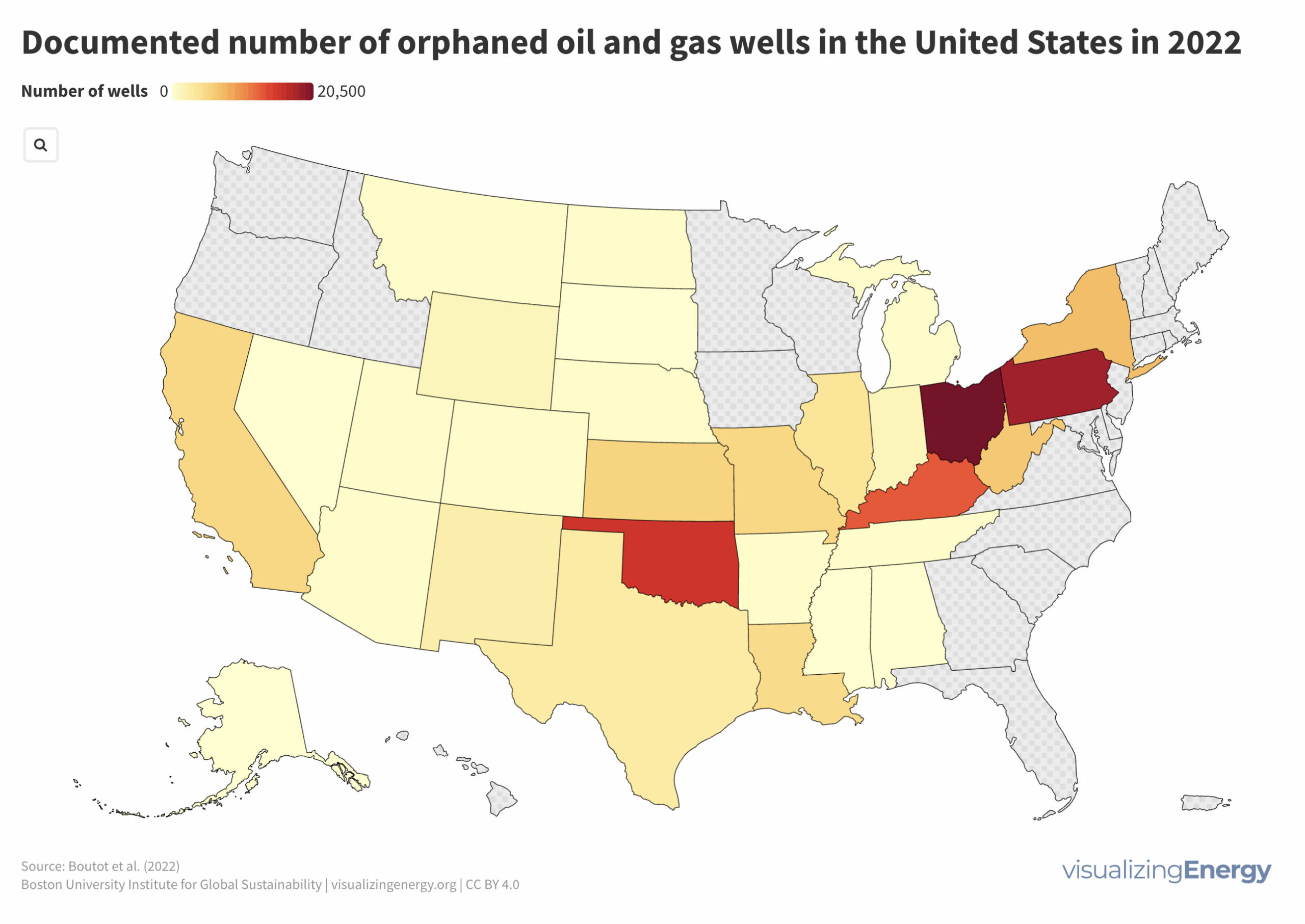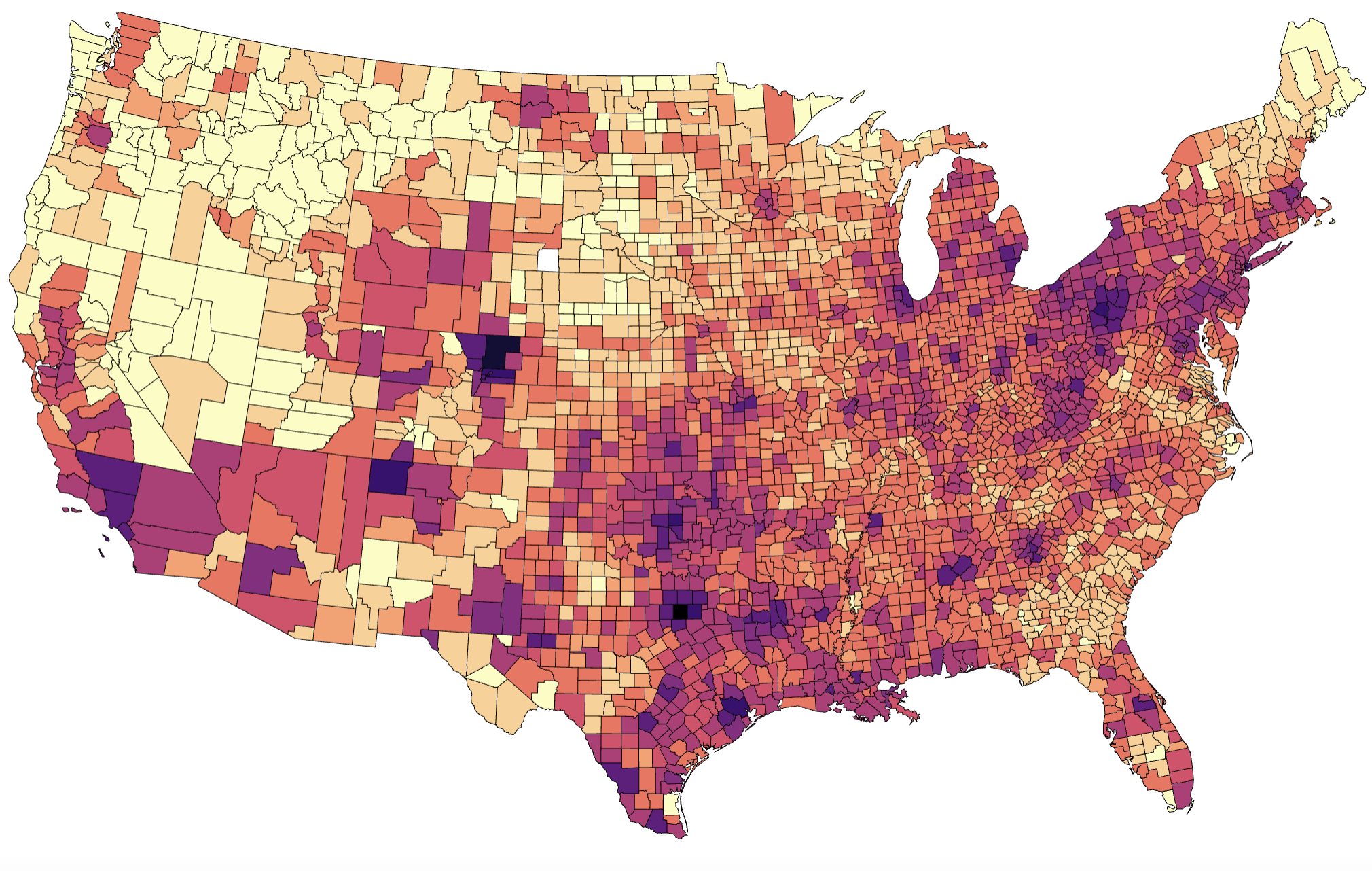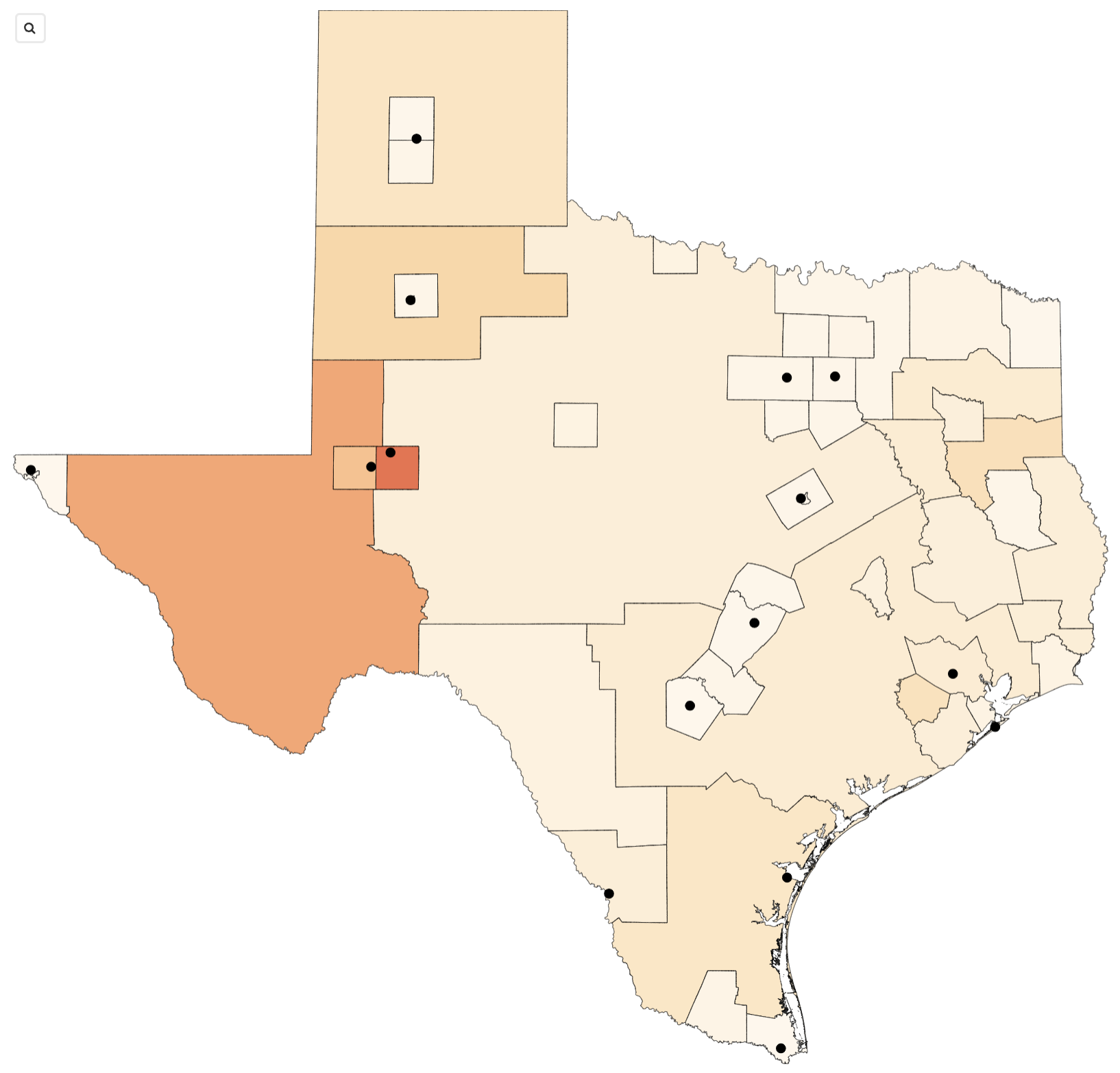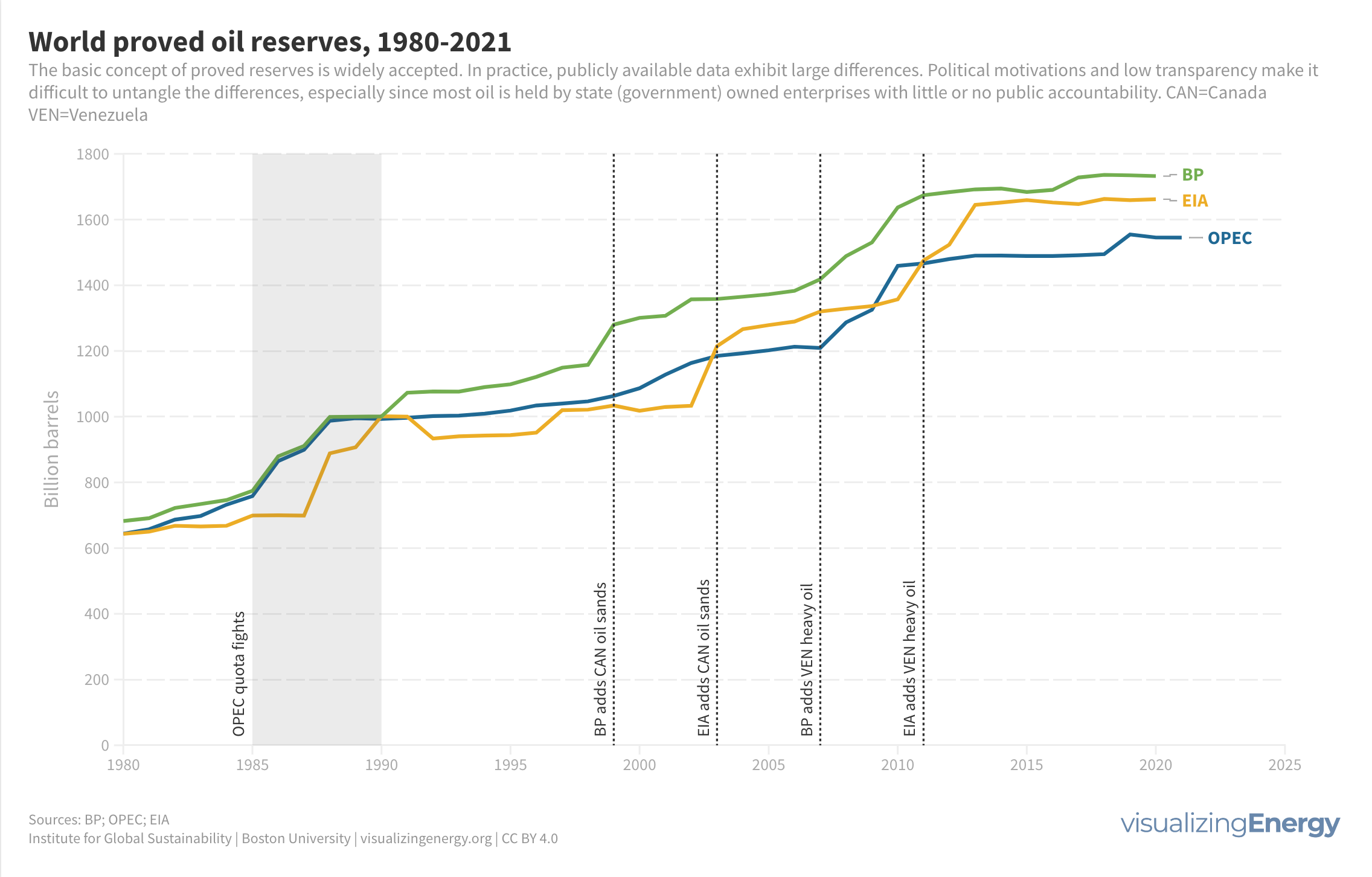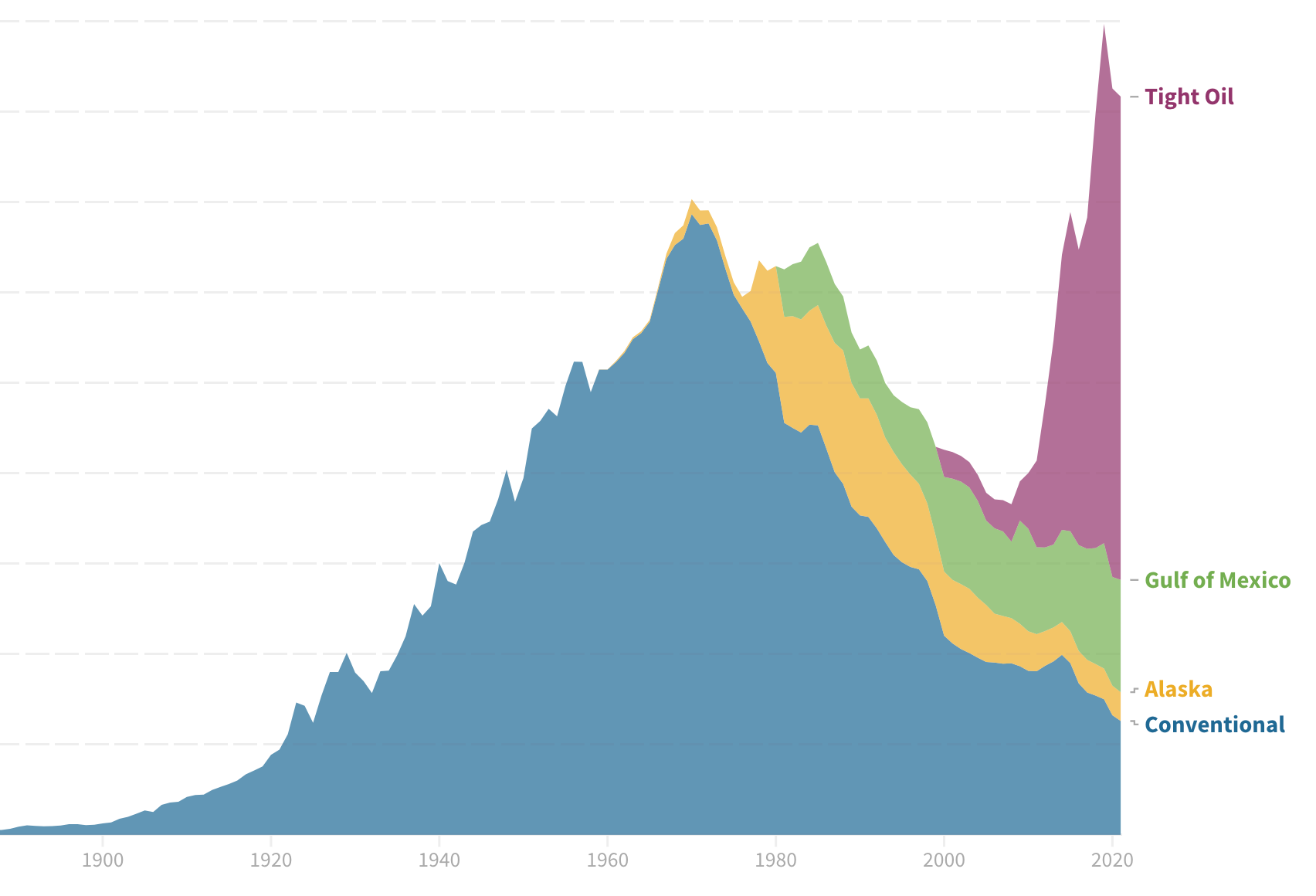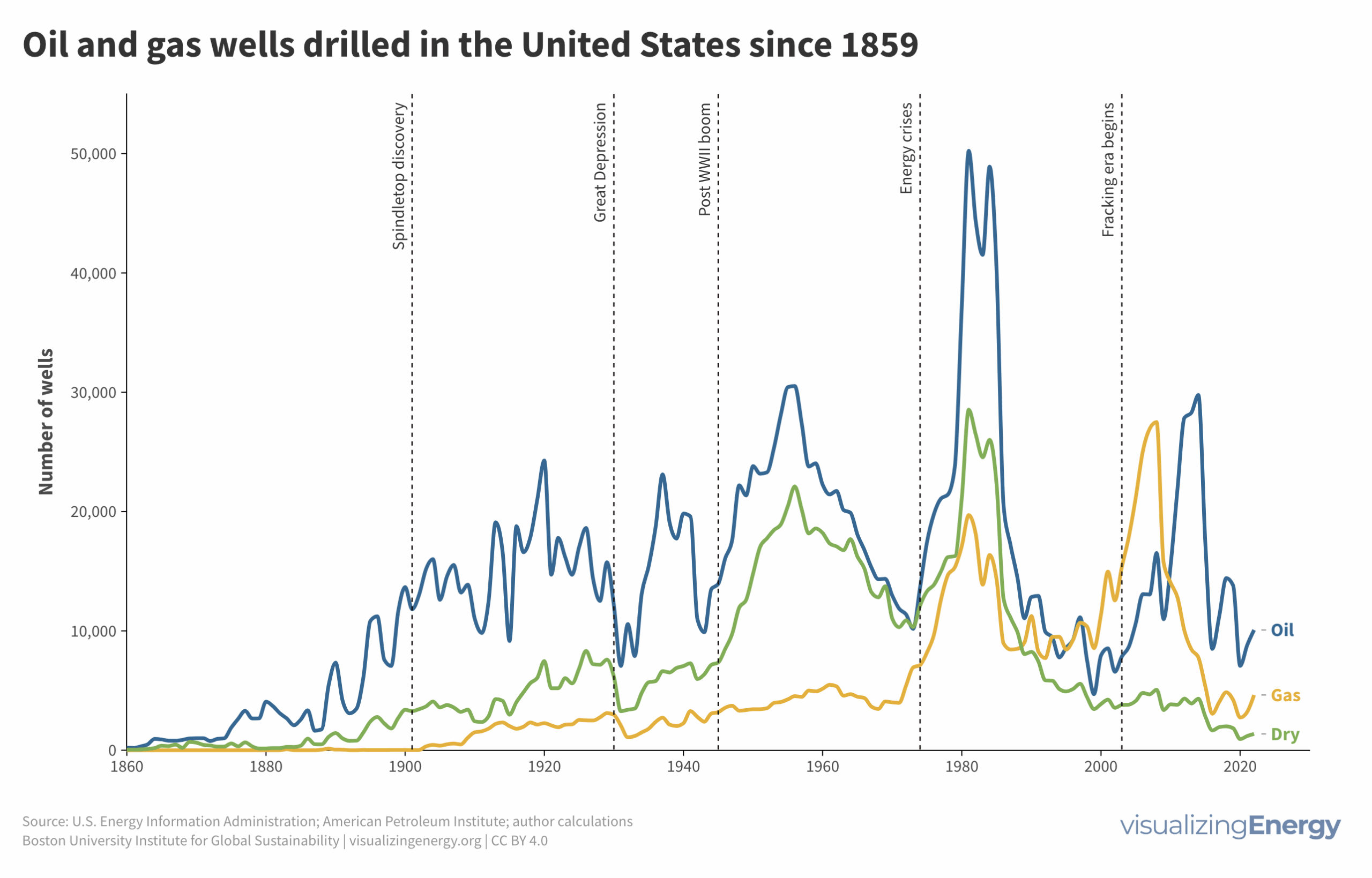
Four million wells and counting: the history of oil and gas drilling in the U.S.
Since the first successful oil well in 1859, the U.S. has drilled millions of wells for oil and gas. Drilling surged with demand, technology, and geopolitics, with notable periods like the post-WWII boom and the fracking-driven increase in natural gas wells. This progress has brought economic benefits and energy shifts, yet also raised environmental and social concerns.

